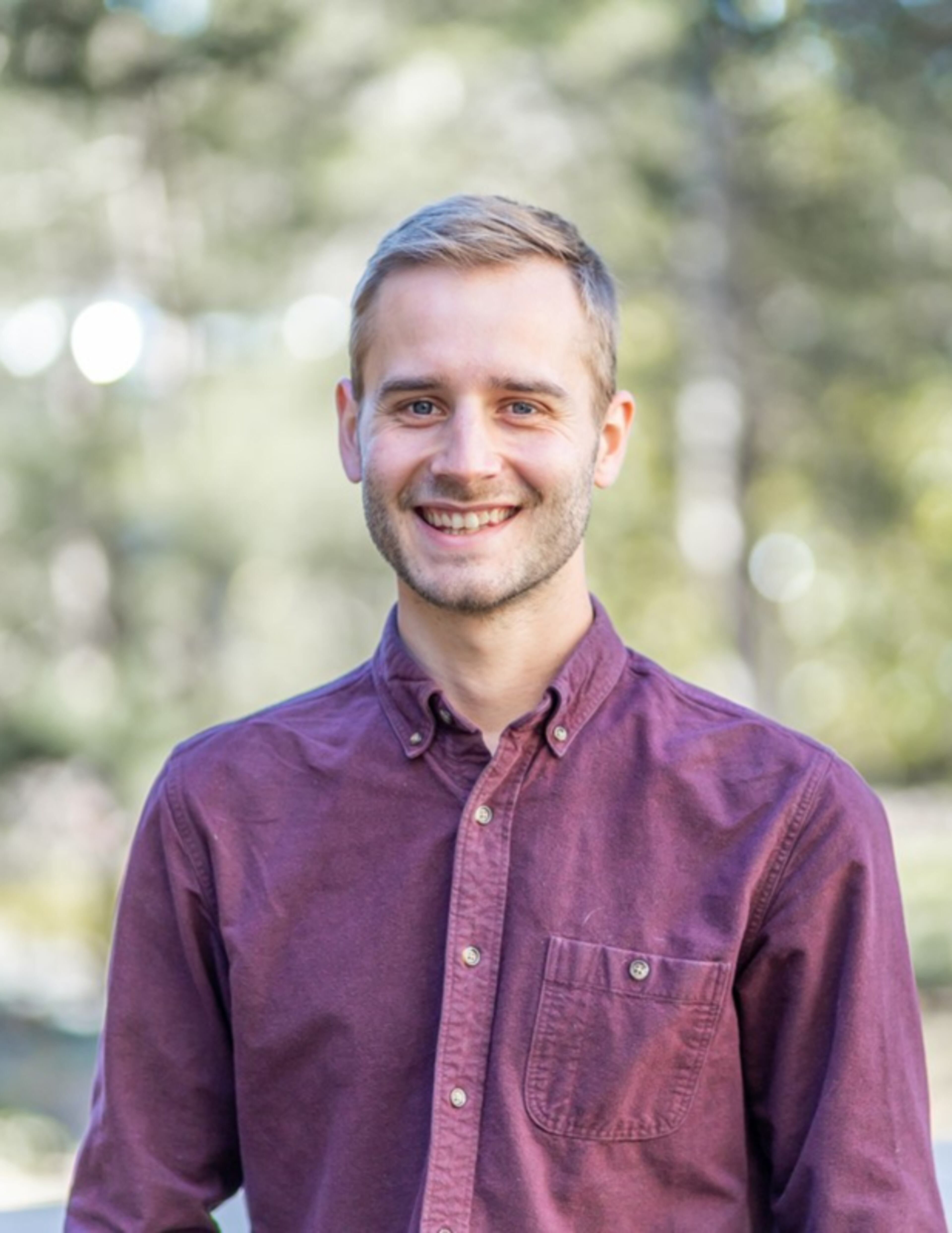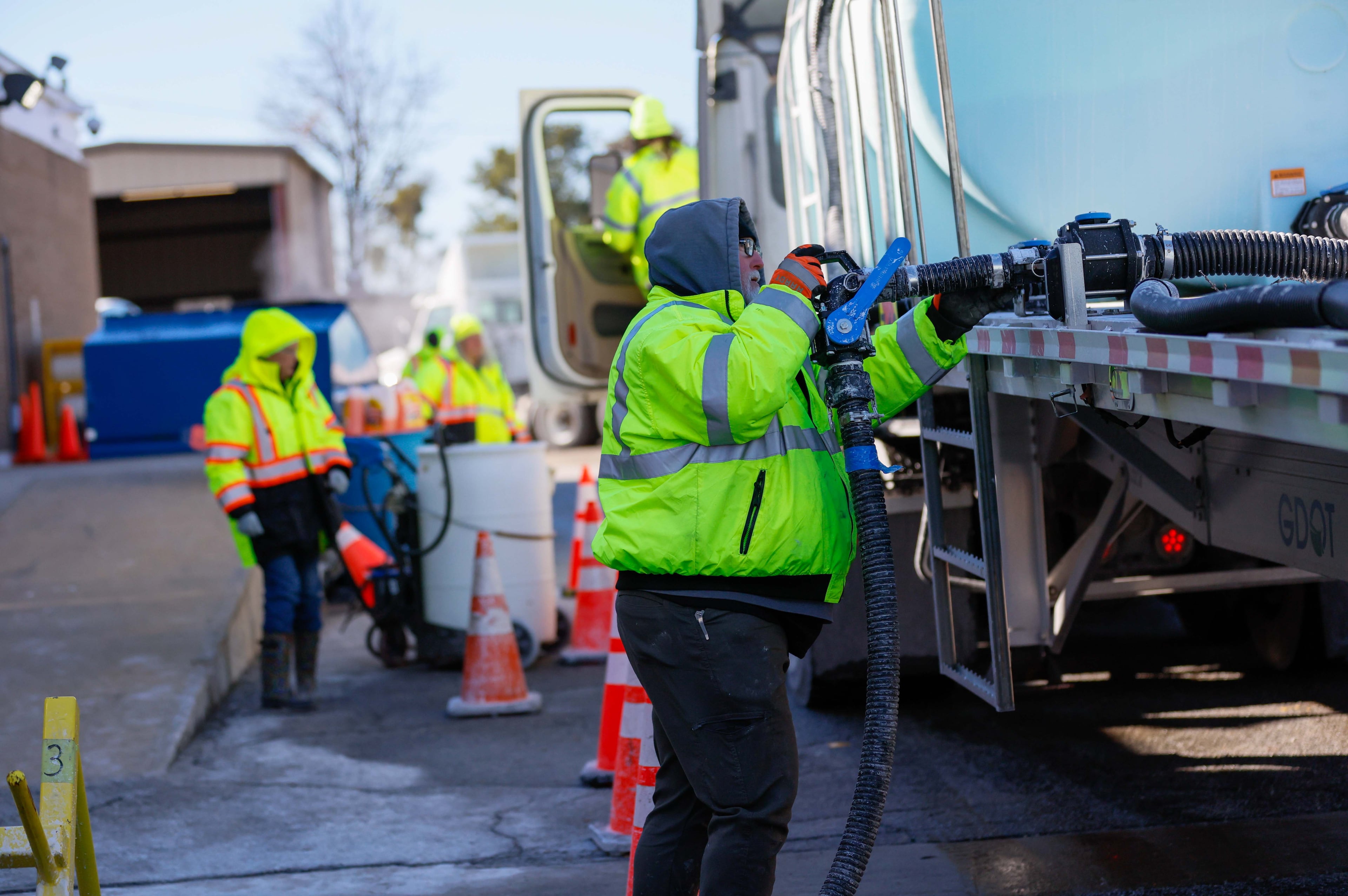Georgia faith leaders are working to protect Blake Plateau

Twenty-five hundred feet under the ocean surface off the coast of Georgia, the Carolinas, and Florida, in the darkness of the deep sea, sits the world’s largest deep-sea coral reef habitat ever discovered. Fueled by the Gulf Stream, the plateau’s corals and the Sargassum seaweed meadows that float at the sea’s surface support an array of marine life of Biblical proportions: colossal sperm whales, bluefin tuna, whale sharks, the threatened Loggerhead Turtle, seabirds like the rare and endangered black-capped petrel, and thousands of other species that rely on a healthy Blake Plateau.
The Blake Plateau is a truly remarkable and irreplaceable ecosystem. Its deep-sea corals, some of which are estimated to be more than a thousand years old, form intricate reef structures that provide crucial habitat for a vast array of marine species. These ancient coral gardens are not only hauntingly beautiful, but they also play a vital role in the overall health and productivity of the ocean. These ecosystem engineers build dynamic and important stony structures, providing food and shelter for countless organisms that form the foundation of the marine food web.


The Blake Plateau is a unique and sacred creation. It is not only important for scientific research and biodiversity, but it also stands as an altar on the foundation of the seabed. As faith leaders, we believe this sacred altar must be protected. Recent expeditions by the National Oceanic and Atmospheric Agency have shined a literal light on the mysterious drama unfolding in Blake Plateau. We know more about this ecosystem than ever before, but there is much we have not yet seen. As people of faith, that excites us. We read 1 Corinthians 5:7 “for we walk by faith, not by sight.” The Blake Plateau itself invites us to deepen our love and understanding of God’s creation and compels us to protect that which we cannot see.
We also have faith that our leaders will protect these sacred waters.
Despite the biodiversity in the waters off the Southeastern coast, currently, less than 1% of our waters are strongly conserved. Though Blake Plateau is currently protected from threats like oil and gas development, those protections expire in 2032 and new threats are emerging daily. Deep-sea mining is in its infancy worldwide, and if this harmful technology ramped up here, it could smother sea life in sediment plumes. These disturbances would be particularly catastrophic for the corals, whose complex structures took thousands of years to develop and which, together with the Gulf Stream, nourish the region’s fish, marine mammal and sea turtle populations. Imagine the majestic bluefin tuna, an apex predator essential for maintaining the balance of marine ecosystems, struggling to find food in waters clouded by dirt and debris. Picture the loggerhead turtle, already threatened by numerous hazards, now facing a disrupted habitat, making it even harder for them to nest and for hatchlings to survive. The chain reaction could continue up the food web, affecting not only marine creatures but also seabirds and terrestrial species that rely on the ocean’s bounty.
As followers of Christ, we are committed to good news. The good news is that we can protect the beautiful, sacred waters of Blake Plateau. We have a unique opportunity now to live into our calling, to safeguard this place before its well-being is compromised.
Recently, more than 40 faith leaders gathered at Epworth-by-the-Sea on St. Simons Island to learn about Blake Plateau and discuss how we can conserve the region. In September, 80 more will gather at the First Presbyterian Church of Savannah to consider what faithful advocacy and conservation for our oceans means for our collective future. From Columbus to Savannah, Georgia faith leaders are walking by faith, working to protect Blake Plateau. We invite our elected officials to pray and walk alongside us as well.
Let us reflect on our shared responsibility to protect the ocean’s vast and mysterious depths. Our faith calls us to be healers of God’s creation, ensuring that the Blake Plateau remains a thriving sanctuary for the countless species that depend on it. Together, we can make a difference, preserving this magnificent ecosystem for generations to come.
Codi Norred is an activist and public theologian who has worked on climate change and sustainability policy for more than a decade. He is executive director of Georgia Interfaith Power and Light, whose mission is to inspire and equip communities of faith to implement practical climate solutions and advocate across Georgia on issues of climate change, environmental justice and community resilience.
Avery Davis Lamb is an activist, ecologist and public theologian working at the intersection of Christianity and environmental justice. He is the co-executive director of Creation Justice Ministries, whose mission is to educate, equip and mobilize Christians to protect, restore and rightly share God’s creation.

